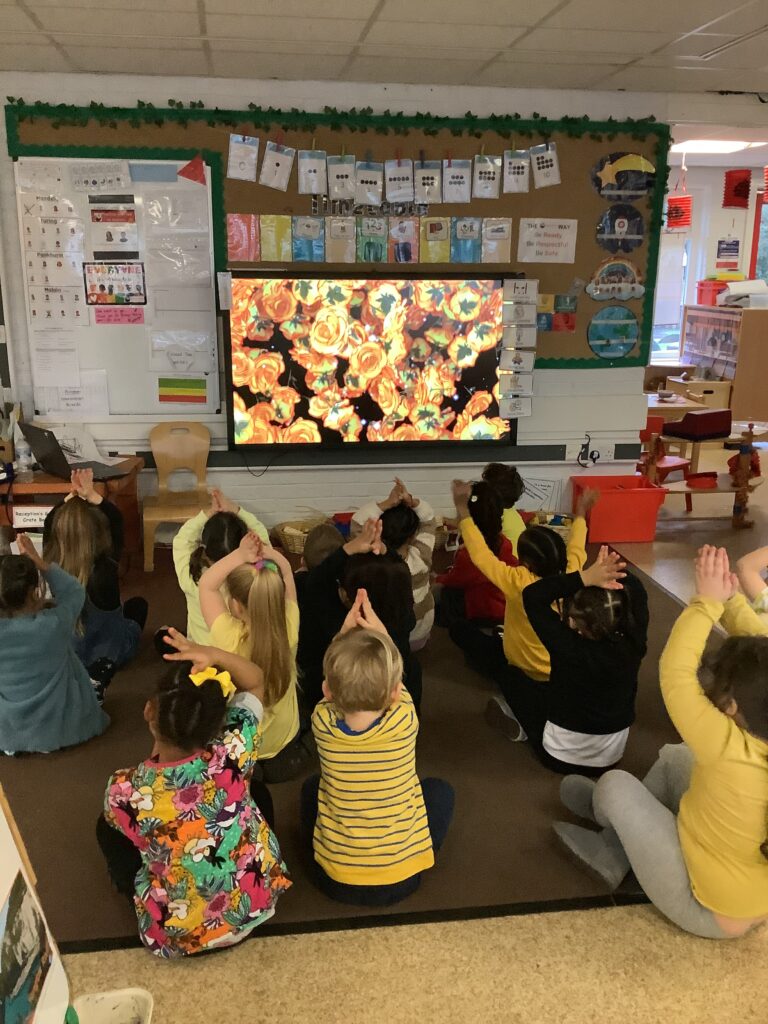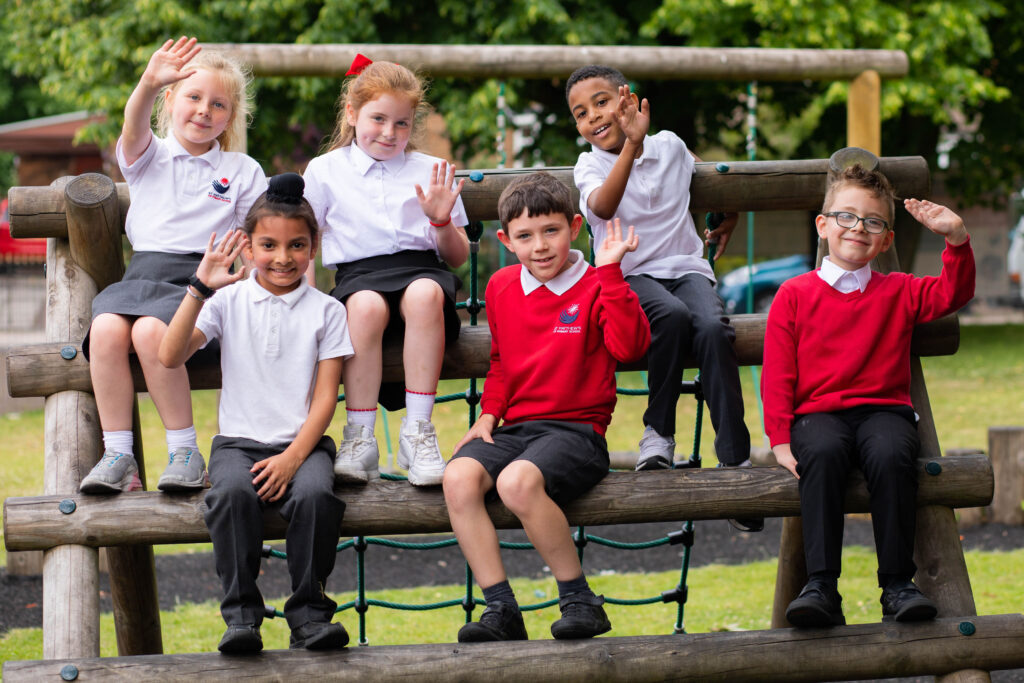In our EYFS at St Matthew’s we are implementing the ‘Think Equal’ programme and really are enjoying seeing the impact of this work when our children share their thoughts and feelings, it is really developing our youngest children’s social and emotional literacy!
The children in our EYFS are exceptional everyday. We are so proud of them all and know that their behaviour and understanding of others will inspire other children around our school. They are such wonderful advocates for the programme. We know this work in our EYFS will support others to shaping the lives of future generations!
When we succeed in giving every child the best possible start in the early years, we give them what they need today. We know that this will set them up with every chance of success tomorrow! Think Equal is a global initiative which calls for a system change in education, to ensure positive life outcomes for our children. Together with world experts, Think Equal is designed to teach social and emotional learning to early years (3-6 year olds) and will support this common goal. It works perfectly with our Rights and Respecting Charters and Peace Mala Committments.
The Think Equal Early Years Programme consists of 36 topic areas. Within them are rich resources designed to foster positive later life outcomes; and the development of personal, social and emotional competencies and skills in the early childhood setting, through the extensive use of narrative and a focus on social cognition, in the wider context of the child’s life. The need for social-emotional learning in early years education has been long supported by educationalists and forward thinkers in the global community. At the core of the Think Equal programme are the 25 key social-emotional learning outcomes, which serve as the foundation of the programme’s lessons, narrative books and teaching.
Think Equal proposes that it is through the use of these hopeful narratives; which focus on a regulated self, the development of social and emotional learning, and a knowledge of and respect for equal rights; that the individual stories of children will change, and that these children will in turn begin to effect the stories of others in their world, ultimately leading to a positive and concrete change in the collective narrative of society.
In School:
Each LEVEL of Think Equal learning consists of 90, 30- minute lessons, taught three times each week over the course of a school year.
Lesson Plan structure is as follows: • Learning Goal • Resources • Vocabulary • Activity
Think Equal proposes that it is through the use of these hopeful narratives; which focus on a regulated self, the development of social and emotional learning, and a knowledge of and respect for equal rights; that the individual stories of children will change, and that these children will in turn begin to effect the stories of others in their world, ultimately leading to a positive and concrete change in the collective narrative of society. Think Equal encourages teachers to work in positive partnerships with parents, carers, families and communities. Parents and carers are acknowledged as the child’s first educators and are encouraged to engage with the Think Equal programme in supporting their child’s development and learning.
Please watch the video below to find our more:
Think Equal is a global initiative which calls for a system change in education, to end the discriminatory mindset and the cycle of violence across our world and ensure positive life outcomes for our children.
Together with world experts, Think Equal has designed a programme to teach social and emotional learning to early years (3-6-year-olds).
We ask governments, policymakers and school networks to adopt, and ideally mandate, this programme as a new subject from the age of 3: the optimal window to modify attitudes, values and behaviours, based on evidence from neuroscientists.
We have a duty of care to our children: “How can it be deemed compulsory for a child to learn mathematics, but it is optional for that child to learn how to value another human being or to lead healthy relationships?”.


